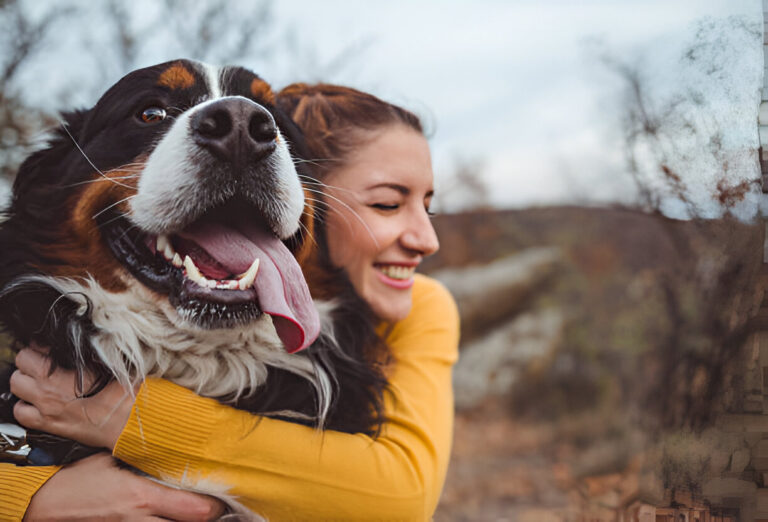Introduction
Socialize a Puppy is one of the most important things you can do to ensure a well-rounded, confident, and friendly dog. Puppy socialization means exposing your dog to new people, environments, sounds, smells, and other animals during their critical developmental period. Proper socialization can prevent behavior problems, fear, and aggression later in life. This guide walks you through everything you need to know about how to socialize a puppy.
Why Puppy Socialization Is Important
Puppies are most open to new experiences between 3 and 14 weeks of age. During this time, their brains are rapidly developing, and positive experiences can shape their behavior for life. Failing to properly socialize a puppy during this time can result in a dog that is fearful or aggressive toward unfamiliar situations.
When to Start Socializing Your Puppy
You should begin socializing your puppy as early as possible, ideally once they have received their first set of vaccinations. Consult your vet for guidance, but many experts agree that safe, controlled exposures can begin as early as 8 weeks.
Effective Puppy Socialization Techniques
1. Introduce New People
Invite friends over or go on walks in populated areas to let your puppy meet different people.
2. Controlled Animal Introductions
Allow your puppy to interact with friendly, vaccinated dogs in a safe environment.
3. Exposure to Sounds
Play sounds like traffic, sirens, or household appliances at a low volume and gradually increase it.
4. Different Environments
Take your puppy to various places like parks, beaches, pet stores, and more.
5. Handling Exercises
Touch their paws, ears, and mouth to prepare them for grooming and vet visits.
Socialization Mistakes to Avoid
Avoid overwhelming your puppy by exposing them to too many new experiences at once. Always monitor their body language and make sure each new experience is positive. Never force your puppy into a situation that clearly scares them go at their pace and use treats to build positive associations.
Socializing Older Puppies and Dogs
If your puppy missed the early socialization window, don’t worry. Older dogs can still learn to be more comfortable with new experiences, although it may take more time and patience. Use positive reinforcement, gradual exposure, and, if needed, consult a professional dog trainer or behaviorist.
Conclusion
Socialize a puppy is crucial for raising a friendly and confident adult dog. With the right approach and consistency, your puppy can learn to love new experiences and become a well-adjusted companion. Remember to start early, go at your puppy’s pace, and keep experiences positive and safe.
Frequently Asked Questions (FAQs) About Puppy Socialization
1. What is puppy socialization?
Puppy socialization is the process of introducing your puppy to new people, animals, environments, sounds, and experiences to help them grow into a confident and well-behaved adult dog.
2. Why is socializing a puppy important?
Proper socialization helps prevent fear, anxiety, and aggression later in life. It lays the foundation for a well-adjusted dog who is comfortable in a variety of situations.
3. When should I start socializing my puppy?
The ideal time to begin socialization is between 3 and 14 weeks of age. You can start after your puppy’s first set of vaccinations, but always check with your veterinarian first.
4. How can I socialize my puppy with other dogs safely?
Introduce your puppy to friendly, fully vaccinated dogs in a safe and controlled environment like a puppy class or a trusted friend’s backyard.
5. What are some effective ways to socialize a puppy?
-
Introduce them to new people and different types of environments
-
Expose them gradually to various sounds (e.g., traffic, vacuum, sirens)
-
Practice handling their paws, ears, and mouth
-
Allow calm and positive interactions with other pets
6. Can I socialize my puppy at home?
Yes, you can start at home by inviting guests over, playing different sounds, and using handling exercises. Controlled indoor environments are great for early socialization.
7. What should I avoid when socializing my puppy?
Avoid:
-
Forcing your puppy into scary situations
-
Overwhelming them with too much at once
-
Ignoring signs of fear or discomfort
Always go at your puppy’s pace and use positive reinforcement.
8. What if I missed the early socialization window?
While it’s ideal to socialize early, older puppies and dogs can still learn with patience and consistent positive experiences. Gradual exposure and help from a professional trainer may be beneficial.
9. How do I know if socialization is going well?
A well-socialized puppy will:
-
Approach new experiences with curiosity
-
Show relaxed body language
-
Recover quickly from surprises
-
Be comfortable around various people and animals
10. Is it okay to socialize my puppy before all vaccinations are completed?
Many experts believe that early, controlled exposure to safe environments is worth the minimal risk. Talk to your vet for advice tailored to your puppy’s health and situation.
Not sure where to go next? Let us guide you:
Interested in Dogs unusual behaviour? Understanding Dog Separation Anxiety: Causes, Symptoms, and Solutions



1 Comment
Pingback: Why Mental Stimulation Is Essential for Your Dog’s Behavior and Well-Being - barkbuddies.blog